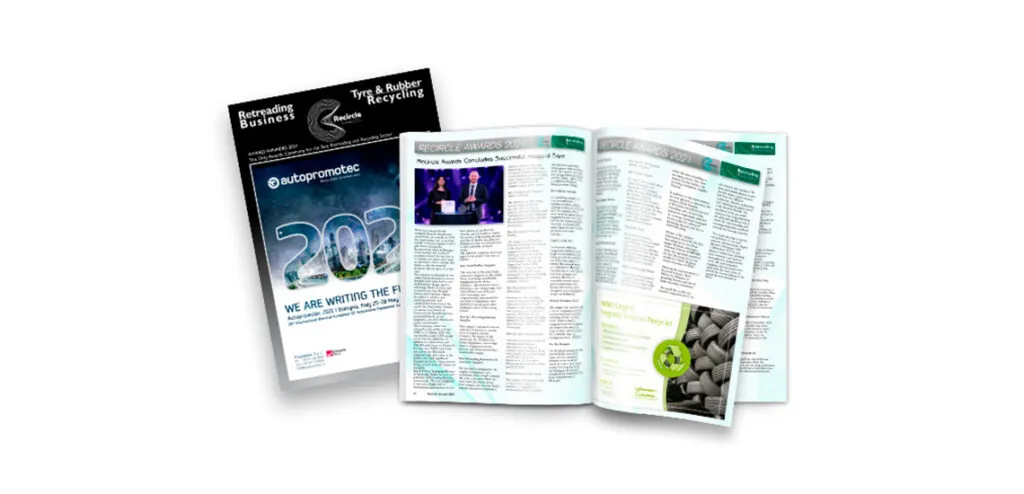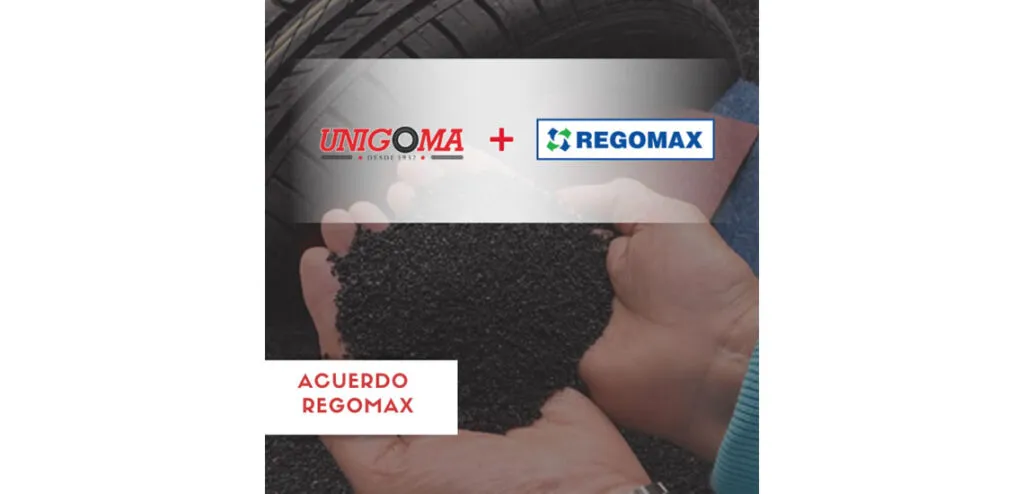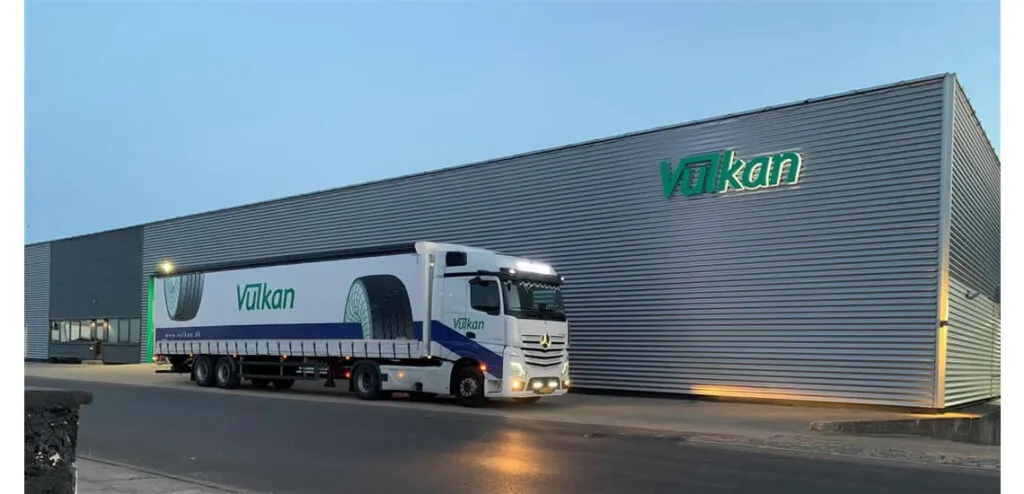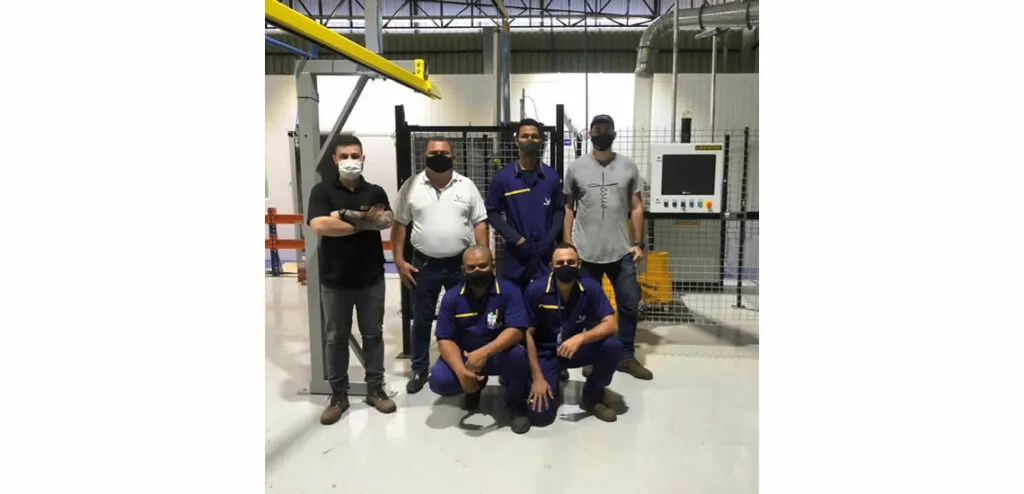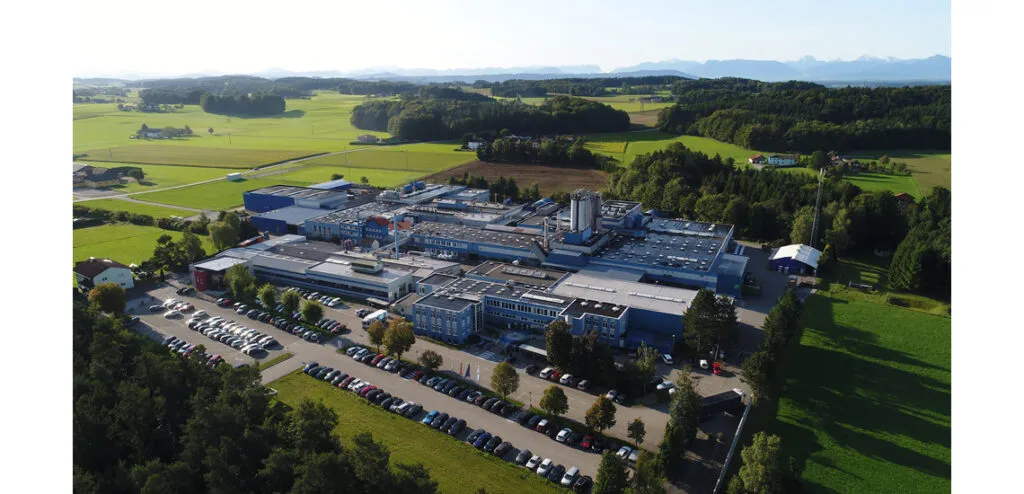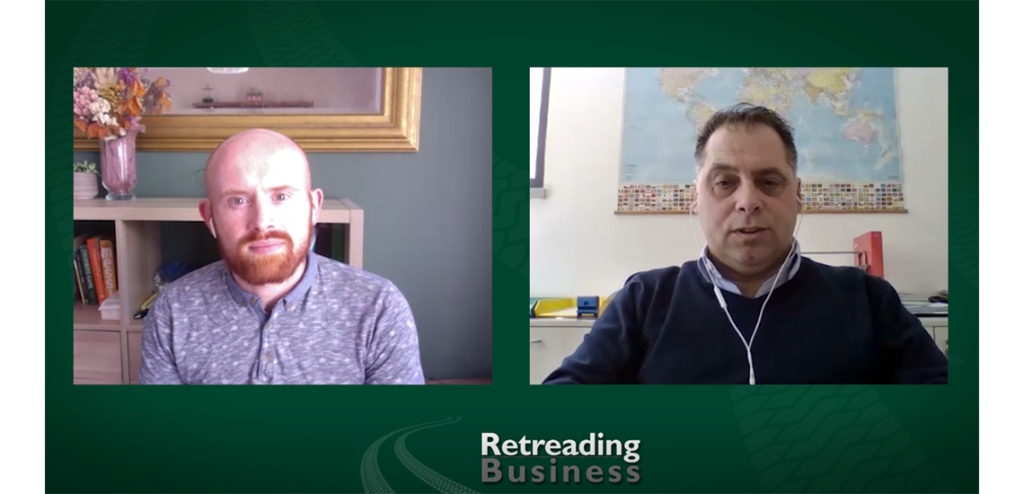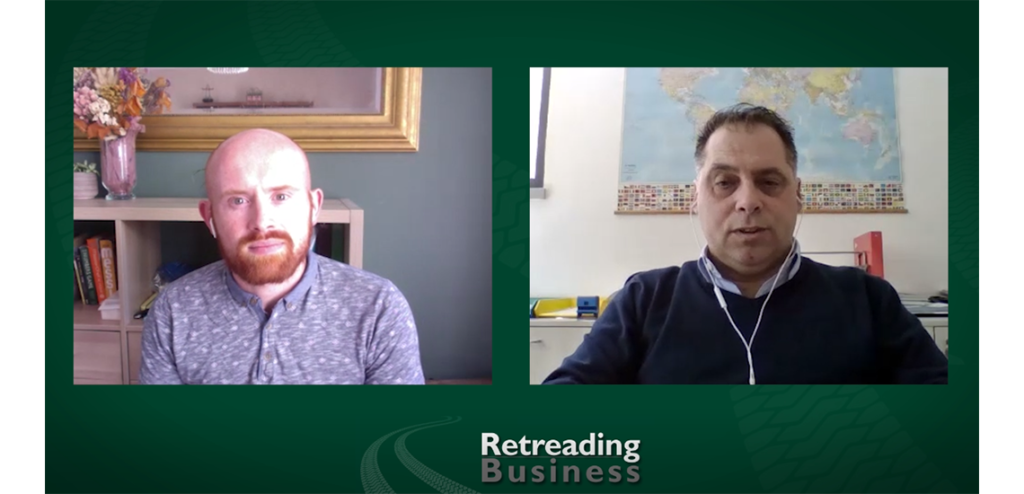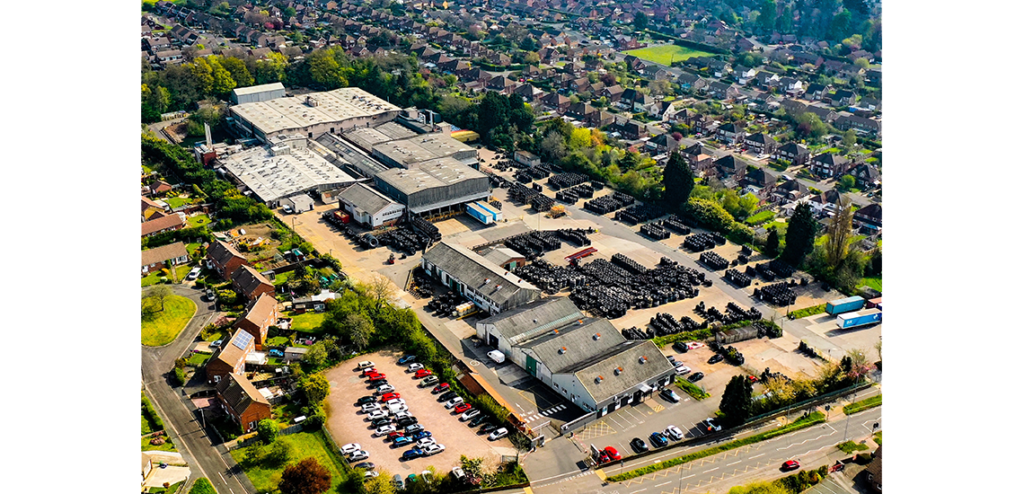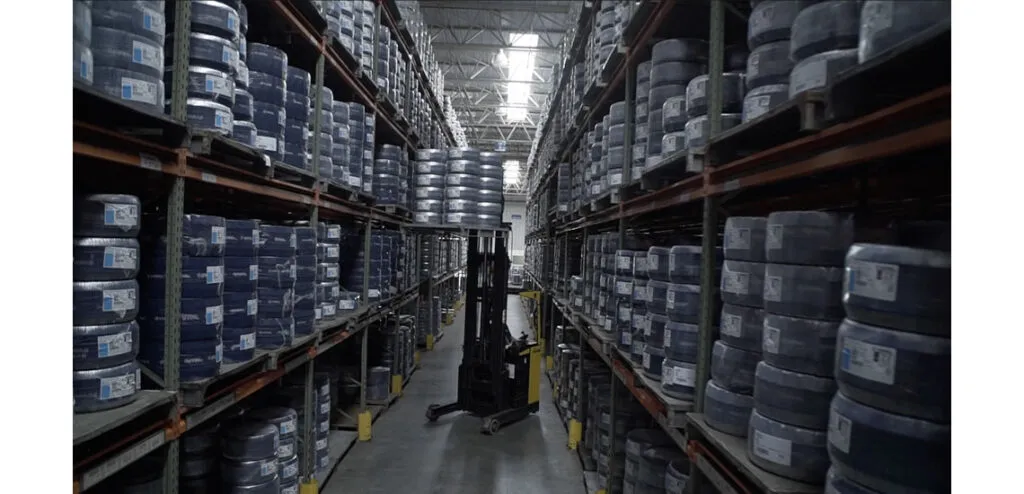Data capture and scanning technology specialists Anyline have identified the retreading sector as a key target sector for the application of its tyre scanning products.
Co-operation with Discount Tire Results in Launch of DOT Number Scanner
We recently talked to Fréderic Baroin, the VP EMEA for Anyline, who detailed the company’s trajectory from 2013 to the present day and how it sees its technology being leveraged in the truck tyre and retreading sectors.
With close to 100 staff based in Vienna and Boston, Anyline was originally founded in 2013 to provide technology to create digital meters for people with diabetes. The move into the automotive sector, however, was achieved when the technology was applied to scan serial numbers on parts, before moving onto vehicle identification numbers to license plates and driver’s licenses.
This first tyre industry application was achieved when a project was carried out with US tyre distributor Discount Tire to launch a tyre DOT number scanner. According to Baroin, this was the point when the company realised that it had a unique combination of data capture solutions in its armoury to collect data from almost every point of the vehicle.
The company then took a further leap forward with the recent launch of a commercial tyre serial number scanner. This technology offers enhanced visibility to fleet management, enabling users to scan and digitise tyre sidewall data in milliseconds.
Says Baroin; “The Discount Tire project was a very exciting journey for us as it was the first time that our expertise was requested in mobile data capturing for reading information from the tyre sidewall. With the high levels of regulation in the US in relation to tyre recalls and tyre inspections, it requires an extremely accurate tyre inspection process.
“This process is one that requires the tyre technician to read the DOT information at a very high frequency in multiple locations, and considering the working environment, it’s easy to see how automation of this process can lead to significant operational savings,” Baroin continued.
According to Baroin, the key to Anyline’s technology is its ability to be applied practically in the field.
“Tyre identification is a tricky expertise for any of us, and barcodes were introduced to address this issue, but barcodes also have intrinsic limitations, regardless of the quantity of data that you can put into the barcode, for example with regards to accessibility to the tyre, but also considering the fact that putting information on the barcode is one thing but reading out this information is another. When you integrate a new technology, you have to be able to leverage the technology through the whole chain, and this is where the challenge lies for both the barcode and the RFID. Technically, it works, yes, but what about its adoption in the field?
“The bottleneck we see at the moment, he continued, “is the adoption on the field in the aftermarket in terms of service operation. How long it will take until the RFID is rolled out massively enough so that it gets to really standout? What about the fact that RFID has also limited capacity and that it currently mostly requires connection to external services, cloud services, to get additional information about the tyre?”
According to Anyline, one of the key advantages of Anyline’s mobile data capture system is that it works offline, so that no matter where anybody is in a manufacturing facility or a service workshop, connecting to the internet is not necessary for the technology to work and for the technician to capture the data.
Baroin also explained how the company was seeing requests coming in from companies operating in the casing management space, retreading sectors and also organisations looking to leverage the technology in their manufacturing processes, which he admitted was “a bit more of a surprise” for the company. He said, “Improving casing management is key, as we have some requests from this industry to improve the traceability of casing management.
“In manufacturing we see more and more enquiries coming in with the intention of enhancing traceability, quality assurance processes during the manufacturing and the in-factor supply chain processes. This is not specific to a brand or to a region, and these are all major countries producing tyres, asking for our expertise, including in the retreading process, as we have received some requests from major tyre OEMS serving large retread plants as well.”
Baroin did admit, however, that it was a “bit too early to answer” in relation to developments with existing customers in the retreading sector. Nonetheless, with the company’s current work with the tyre OEMs and manufacturers focusing on the importance of the tyre lifecycle, and with sustainability being such a huge talking point in the industry, it is natural that the use of Anyline’s offerings will work its way into the retreading industry.
So, considering the volume of requests coming in from the market and the technological developments achieved through the commercial tyre serial number scanner, what is Anyline’s immediate goal? Baroin responded clearly, “our goal is to become the leader in tyre sidewall reading technology. We have fantastic proof with the success with Discount Tire that this can be rolled out in a big way with high intensity usage. We aim to duplicate these proof points across different markets.
An undoubted advantage for Anyline in developing these products has been how a tyre is somewhat standardised across the world, meaning that Anyline’s data capture solutions can be leveraged globally without the need for significant developments and solutions that are specific for a given market. This for example is unlike the company’s experience with license plate and driver license scanning in the US, where 50 different products have had to be developed.
Baroin said, “I would say the beauty with the tyre is that it is one of the rare products which is universal. A tyre sidewall in Mumbai looks very similar to a tyre sidewall in Dallas. It means our capacity can be leveraged globally.”


